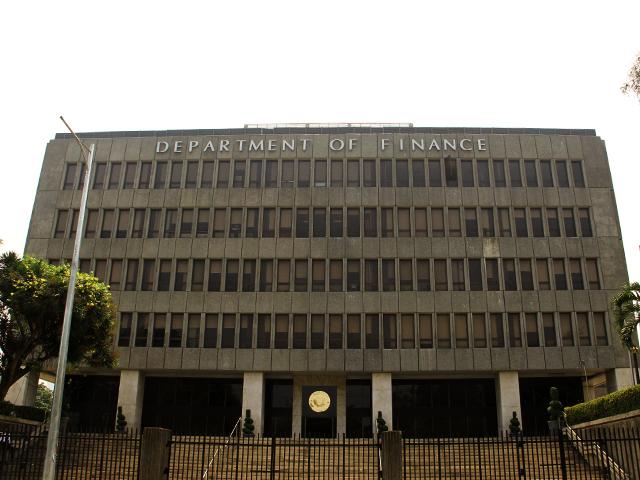Philippine loans for COVID-19 response now at $18.4B —DOF

The Philippine government has so far secured $18.4 billion (roughly P886.5 billion) in foreign loans to boost its "war chest" to address the ongoing crisis brought about by COVID-19, the Department of Finance said Friday.
“As of April 28 2021, nakautang tayo ng (we have secured) a total of $18.4 billion from external sources,” DOF Undersecretary Mark Dennis Joven said during state-run PTV’s Laging Handa briefing.
The amount comes from all foreign loans -- bilateral, multilateral, and commercial sources.
Of the said amount, Joven said, $16.26 billion is for budget support, while $2.14 is for project financing.
“When we say budget support, it is to augment the national budget to spend for all regular programs under the national budget,” he said.
“For project finance, it means we borrow money for a particular project,” he added.
Broken down, the $16.26-billion budget support loan includes the $6.93 billion from multilateral sources such as the Asian Development Bank, World Bank, and Asian Infrastructure Investment Bank.
“While $1.32 billion has been secured through bilateral sources. Some specific countries such as Japan, Korea, and France [are among the lenders]," the Finance official said.
For commercial sources, Joven said around $8 billion has been secured from the government’s fund-raising efforts through the sale of foreign currency-denominated bonds.
He said that the payment period for the COVD-19-related foreign loans are spread in multiple years, “going beyond a decade or two.”
Based on the amortization schedules in the loan agreement documents available on the DOF’s website, the payment period for each loan averages 15 years for and is spread from 2023 to 2049.
Also, the Finance official said that most of the budgetary support loans have been disbursed already since last year to augment the government’s budget to respond to the pandemic.
He said that ramping up borrowing efforts is necessary, since tax revenues are declining due to the slowdown in economic activities amid strict lockdowns, as this will “fill the gap” caused by heightened spending to support social and healthcare services to vulnerable sectors. —LBG, GMA News



